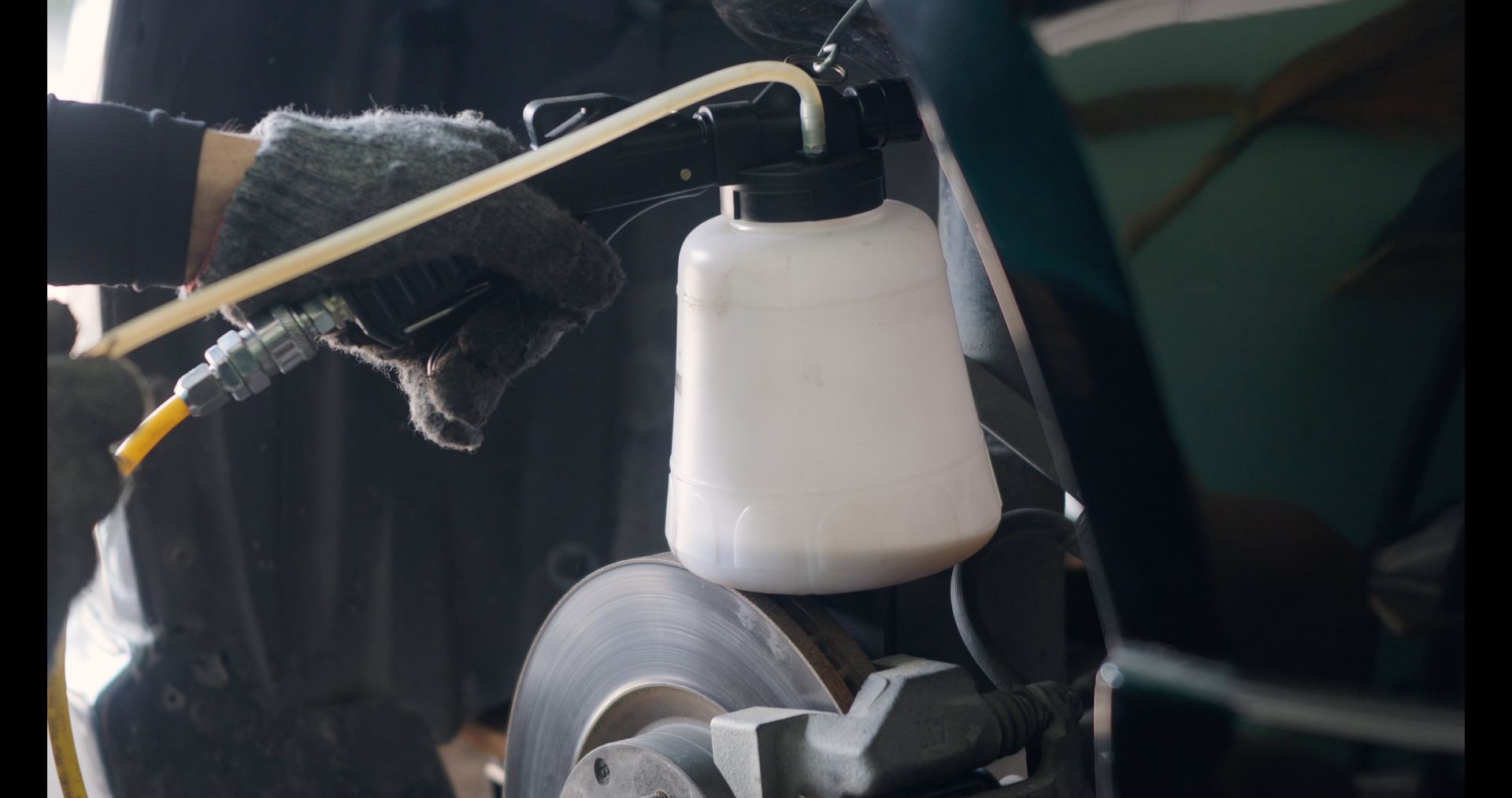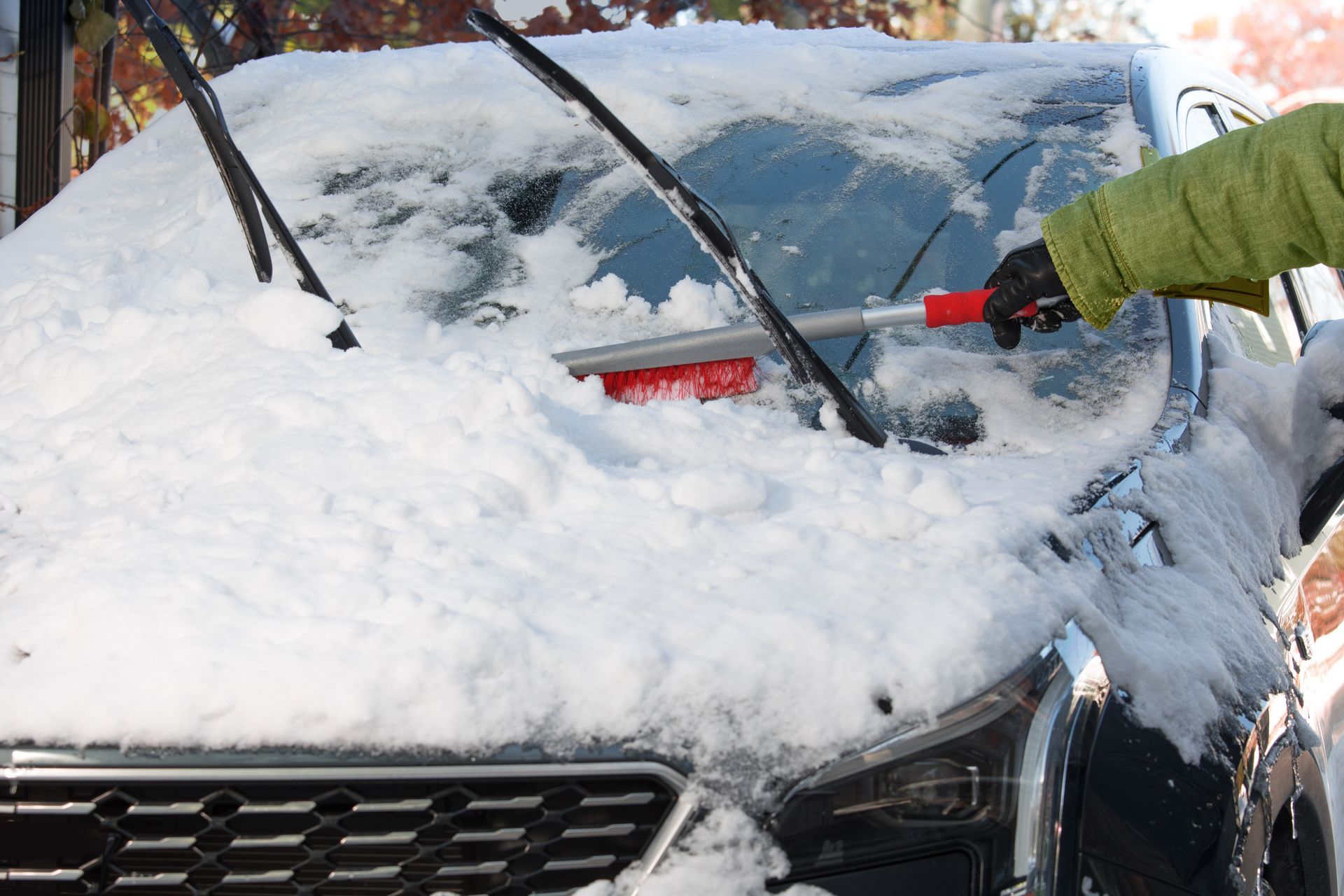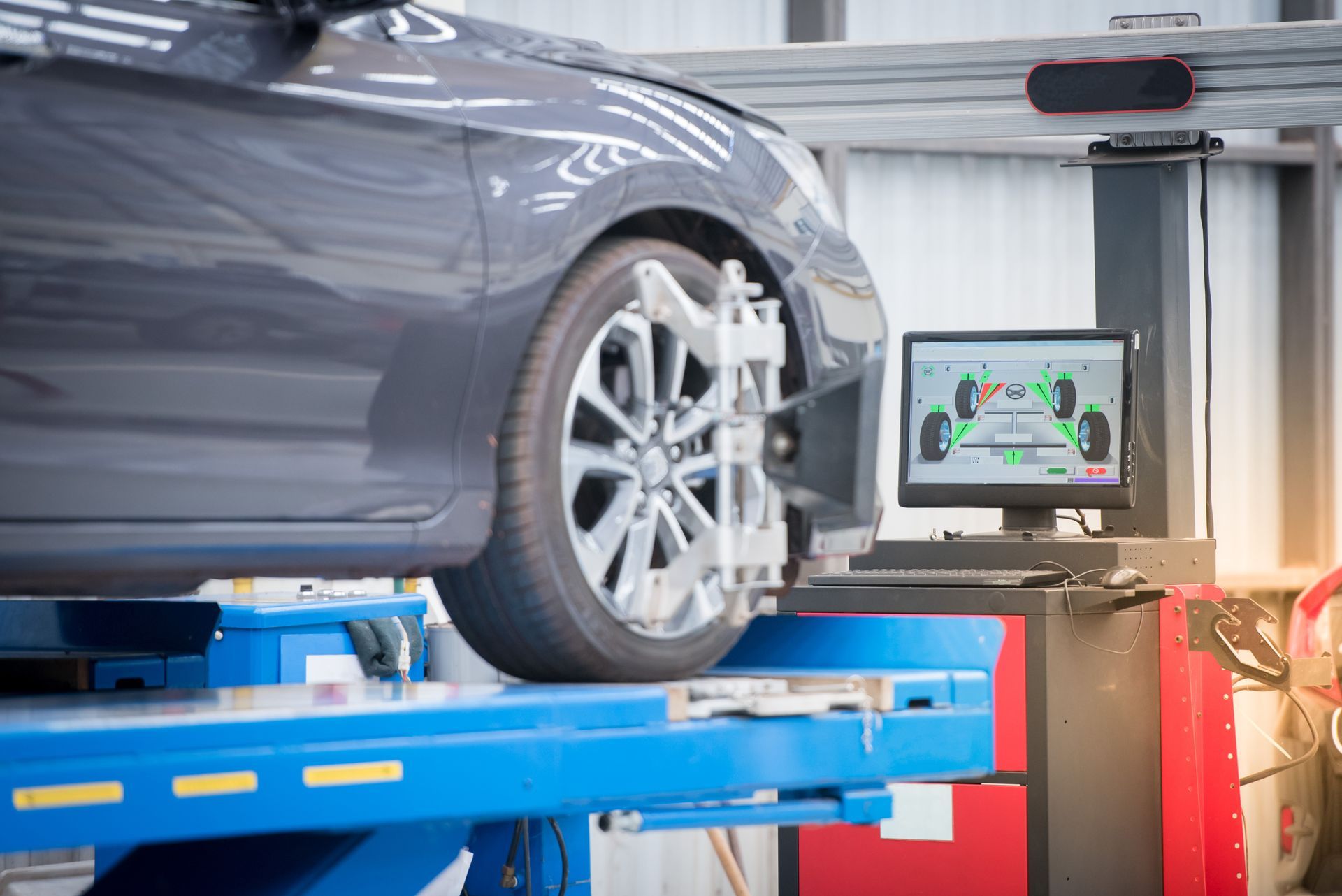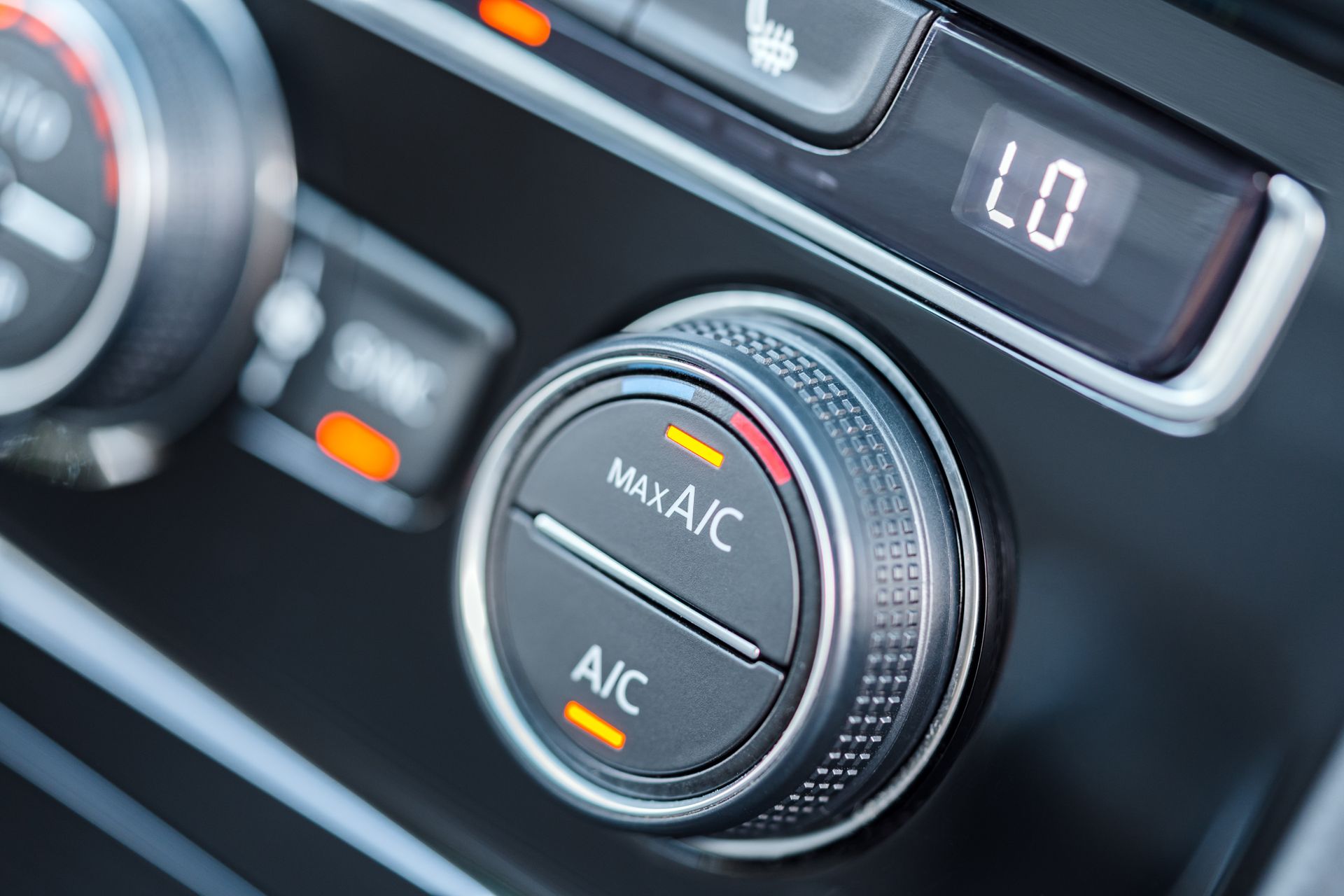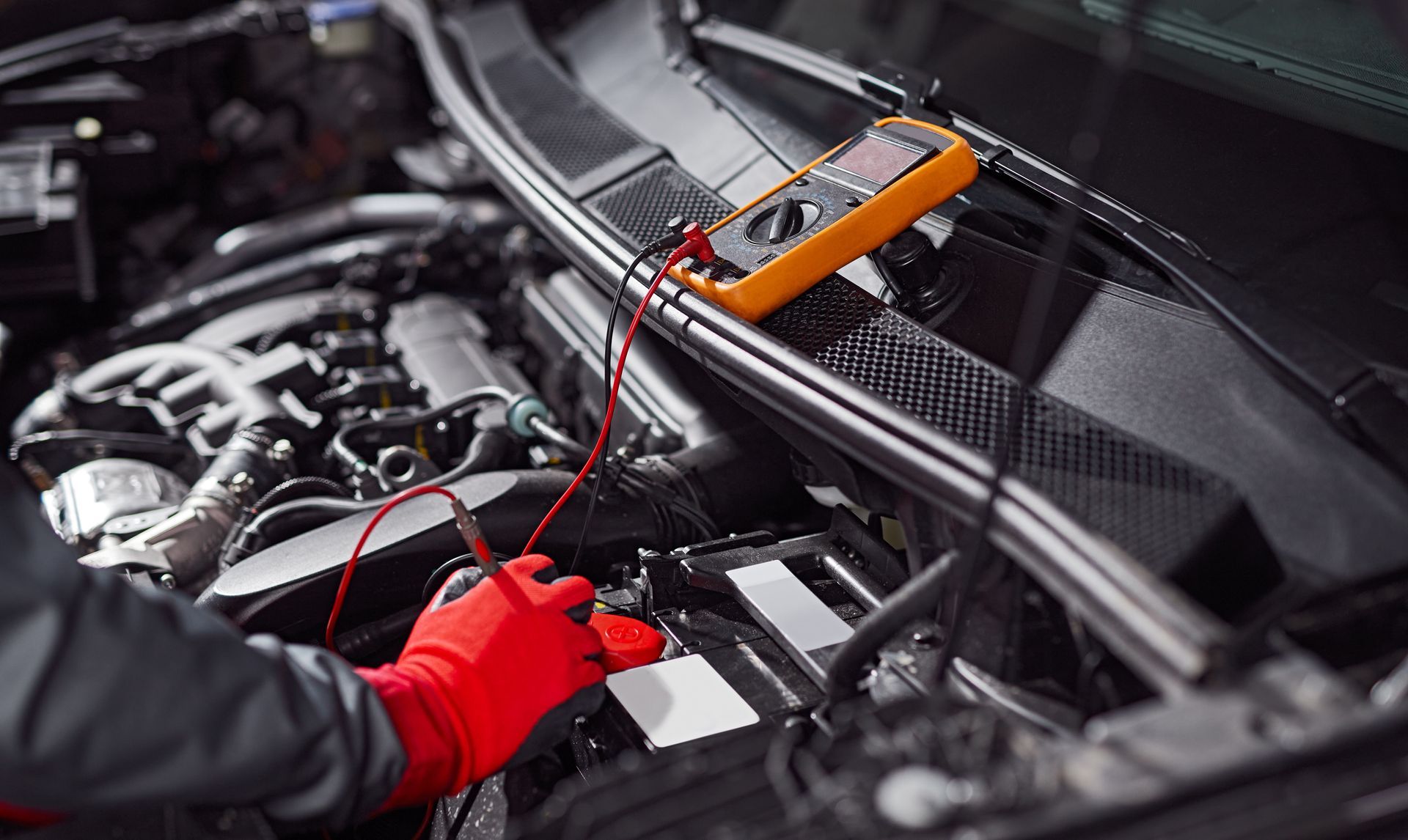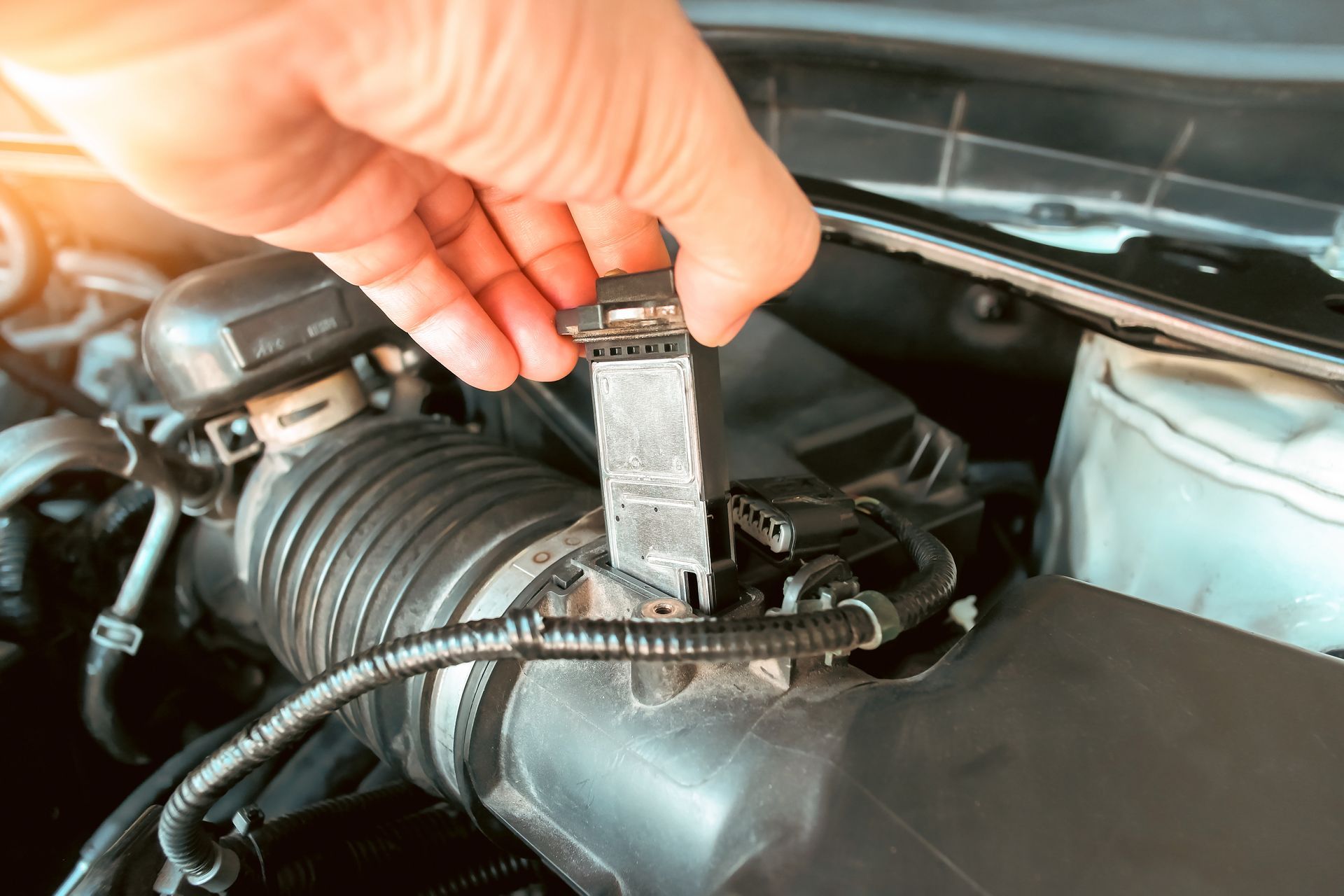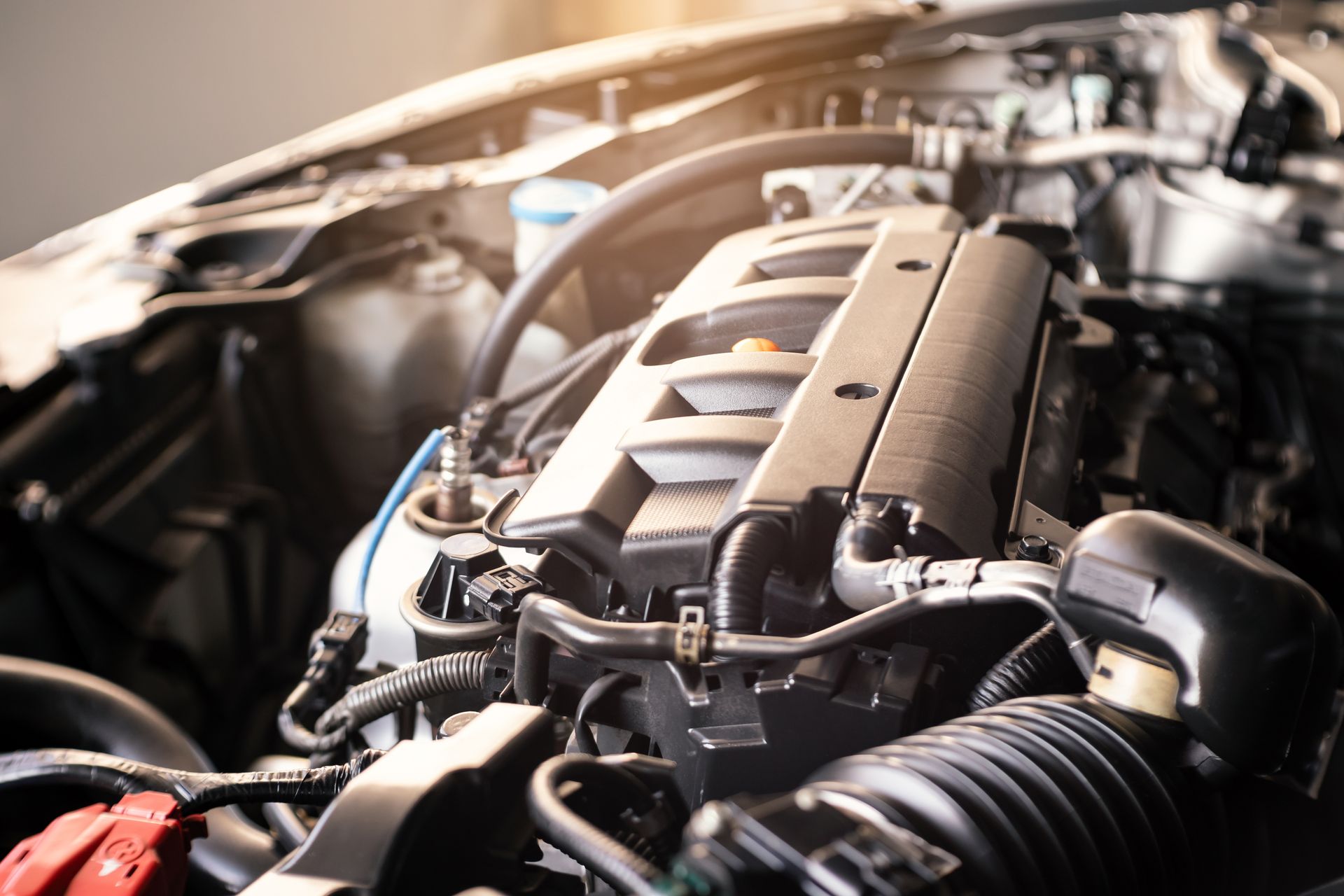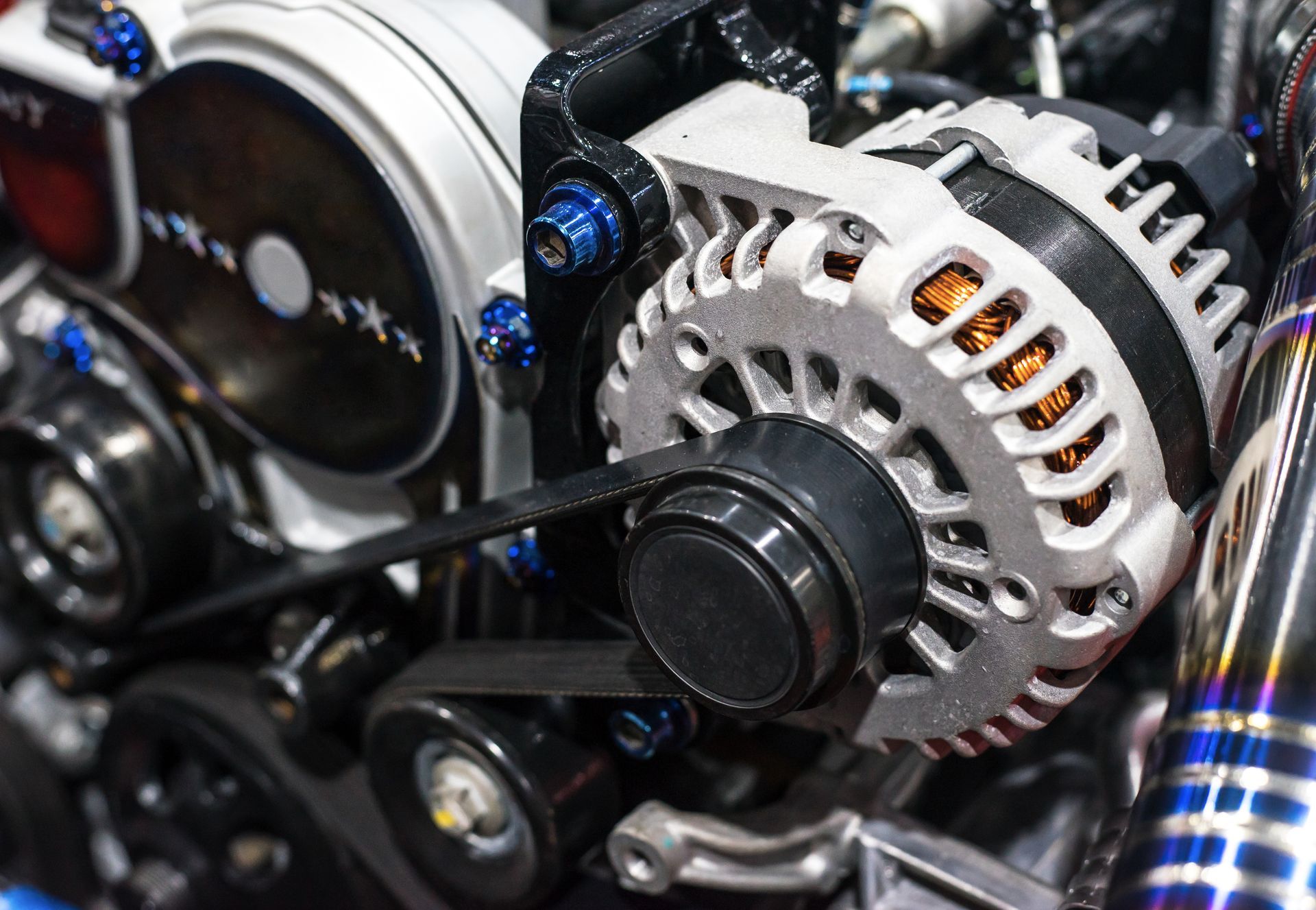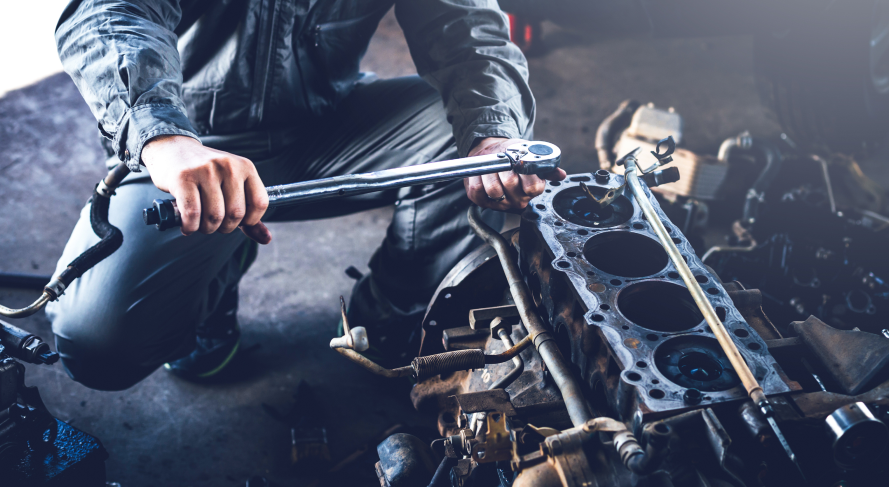My Garage
You do not have My Garage enabled.
Section under maintenance.
We’re hiring!
2005 W. Midway Blvd., Broomfield, CO 80020
Loading ...
Missing business hours data / Error occurred while getting the data.
(303) 466-0025
MAKE AN APPOINTMENT
You do not have My Garage enabled.
Section under maintenance.
We’re hiring!
★
★
★
★
★
Review
My Garage
You do not have My Garage enabled.
Section under maintenance.
Loading ...
Missing business hours data / Error occurred while getting the data.
Loading ...
Missing business hours data / Error occurred while getting the data.
Ready To Book Your Appointment?
Loading ...
Missing nap lines data / Error occured while getting the data.

